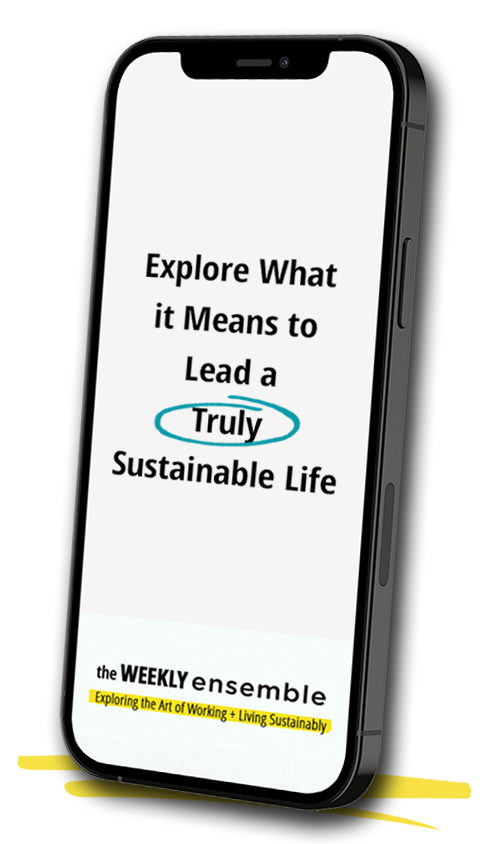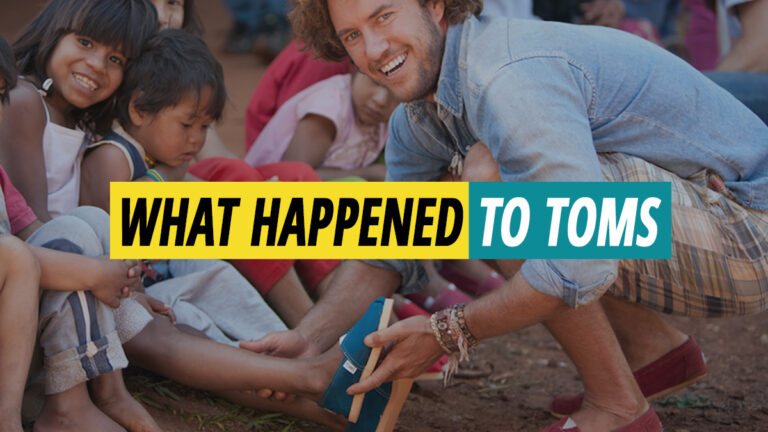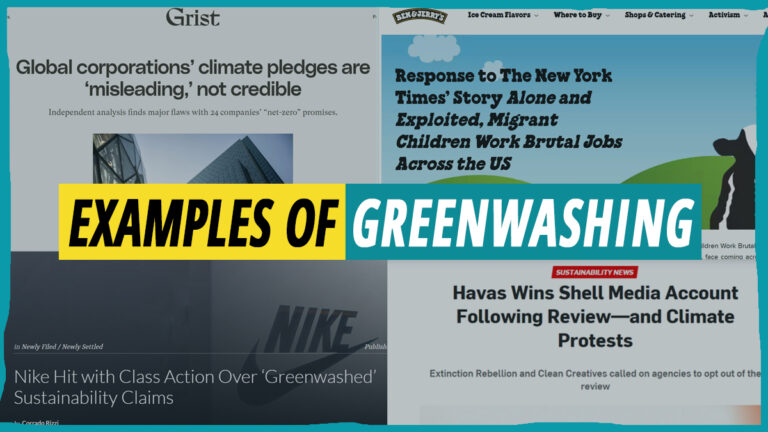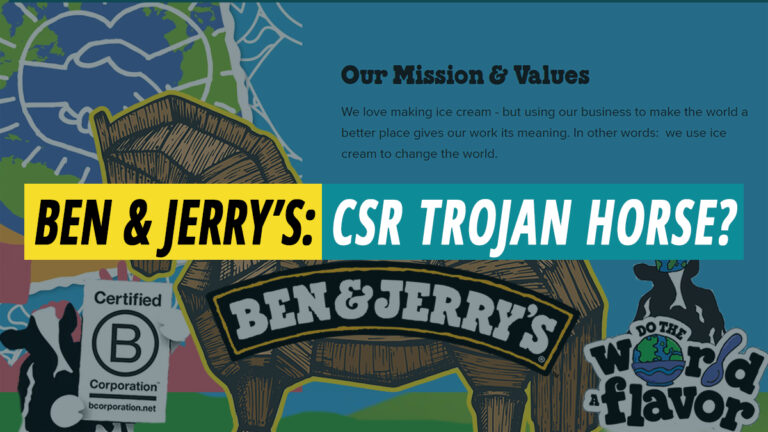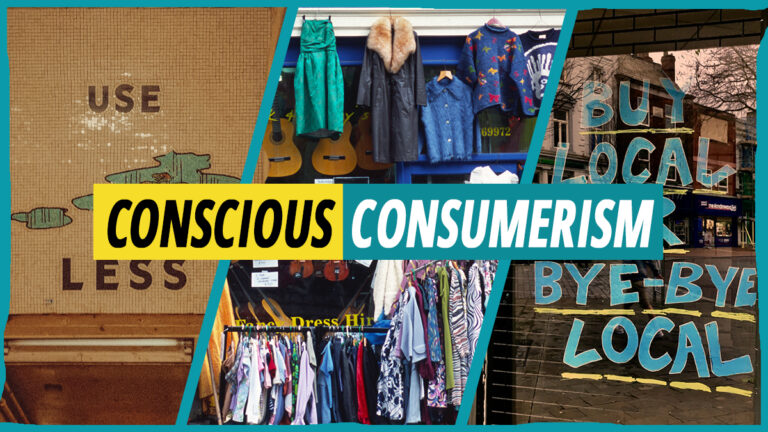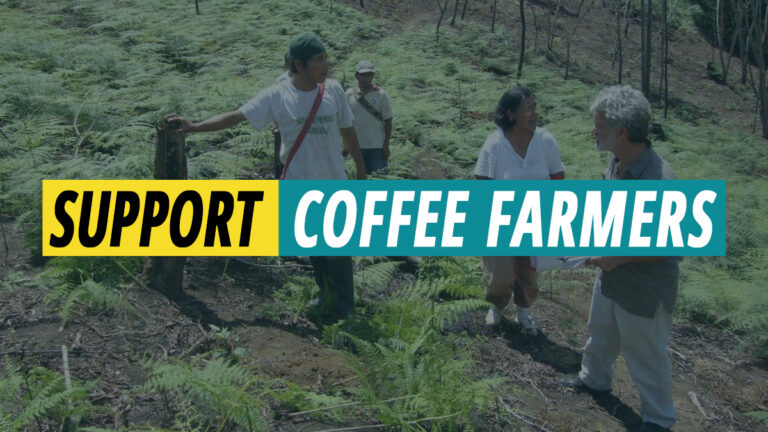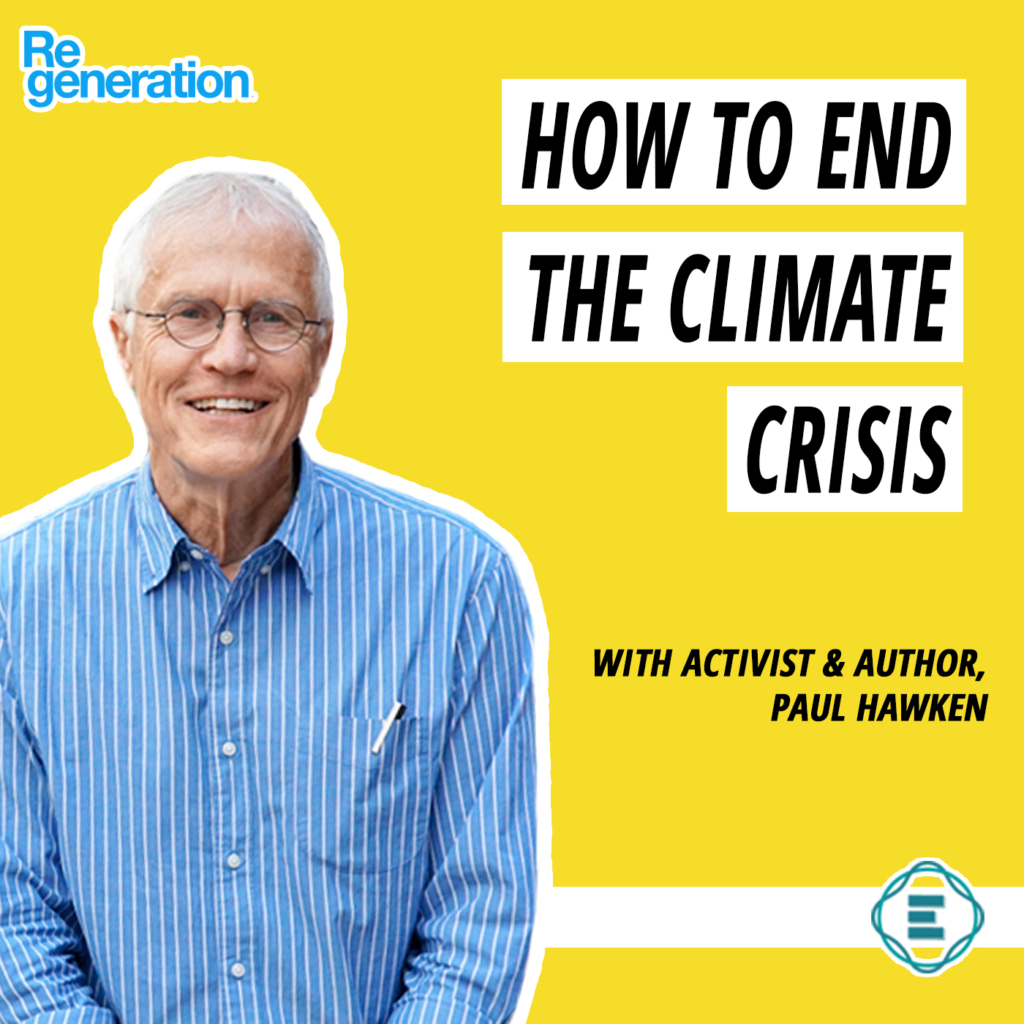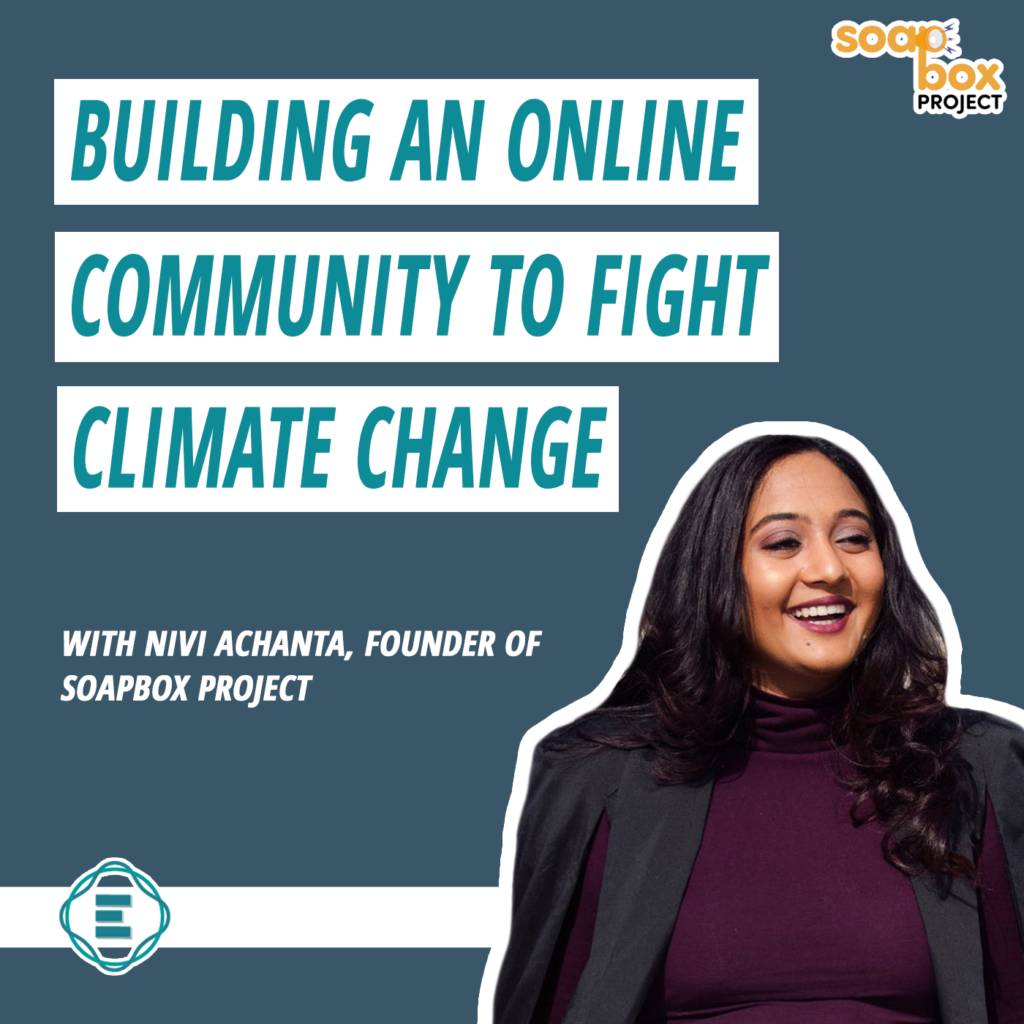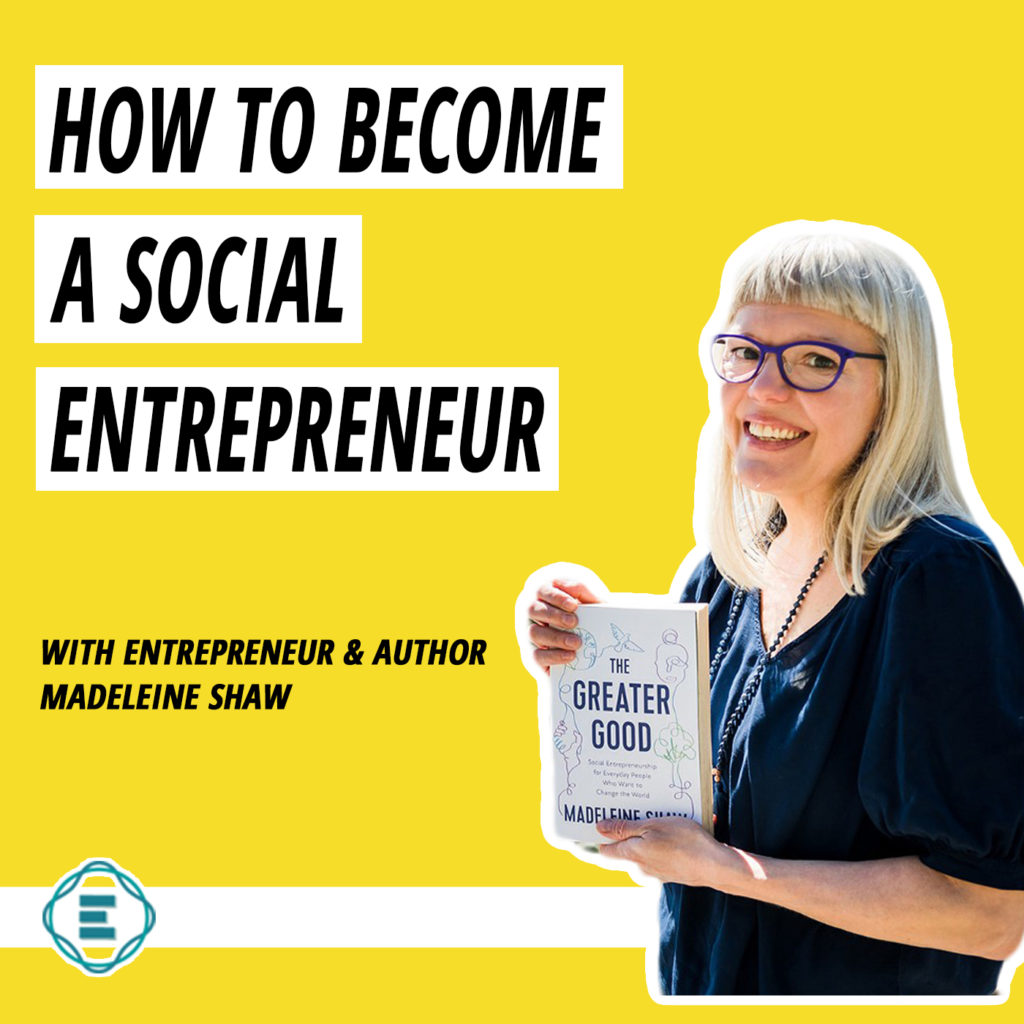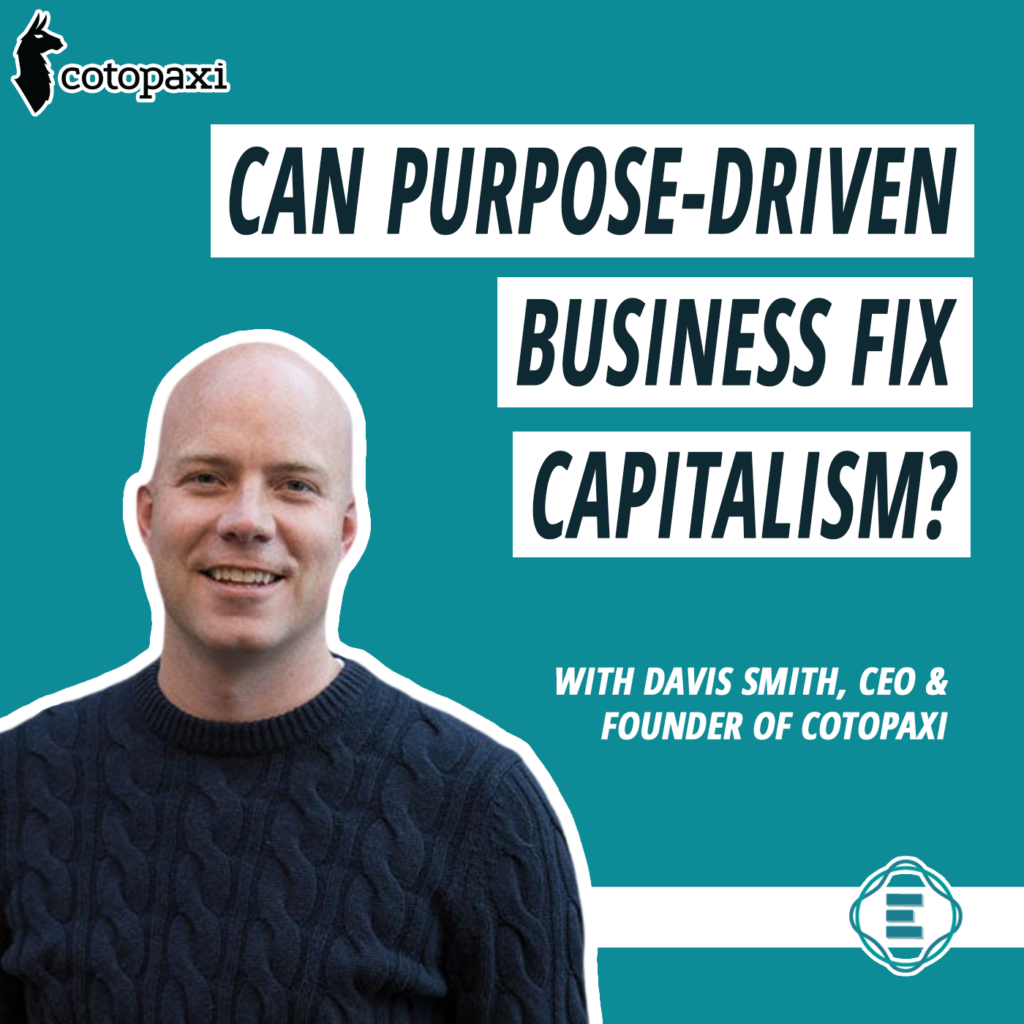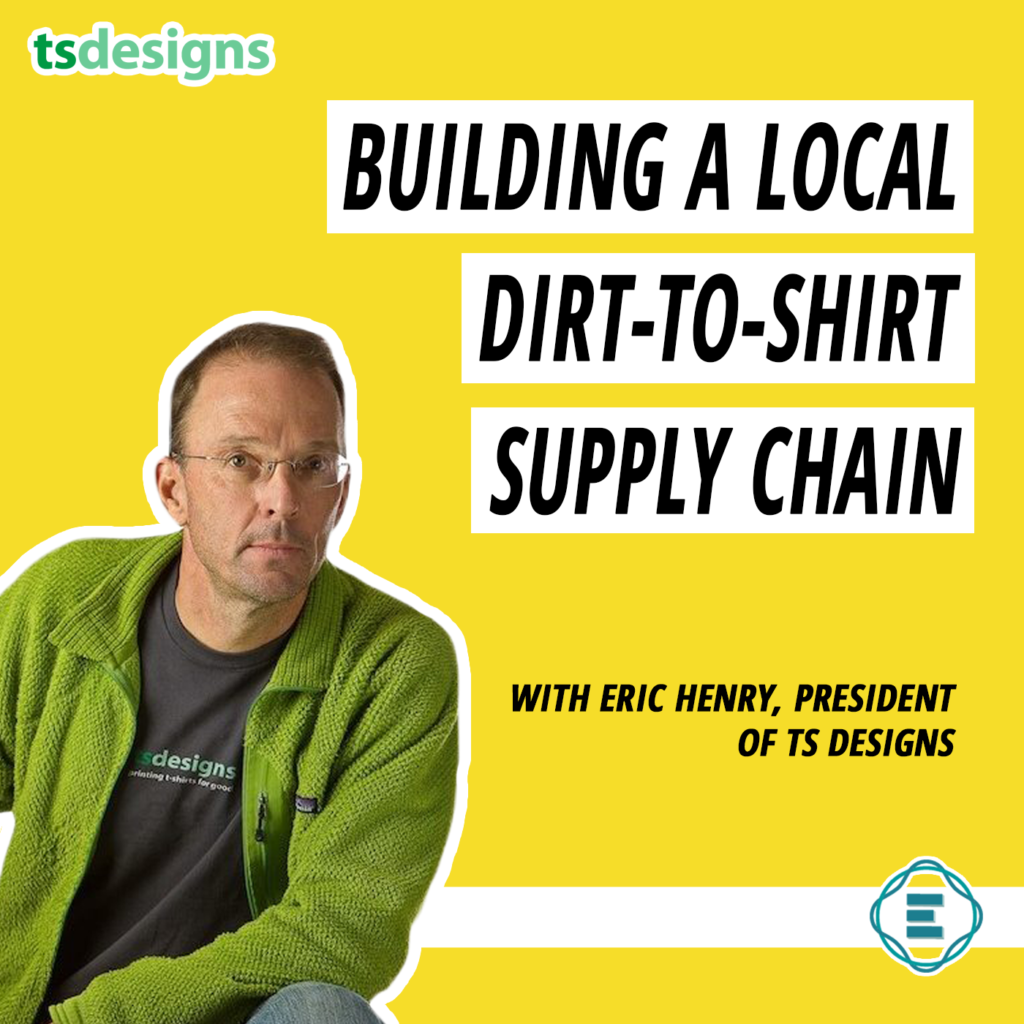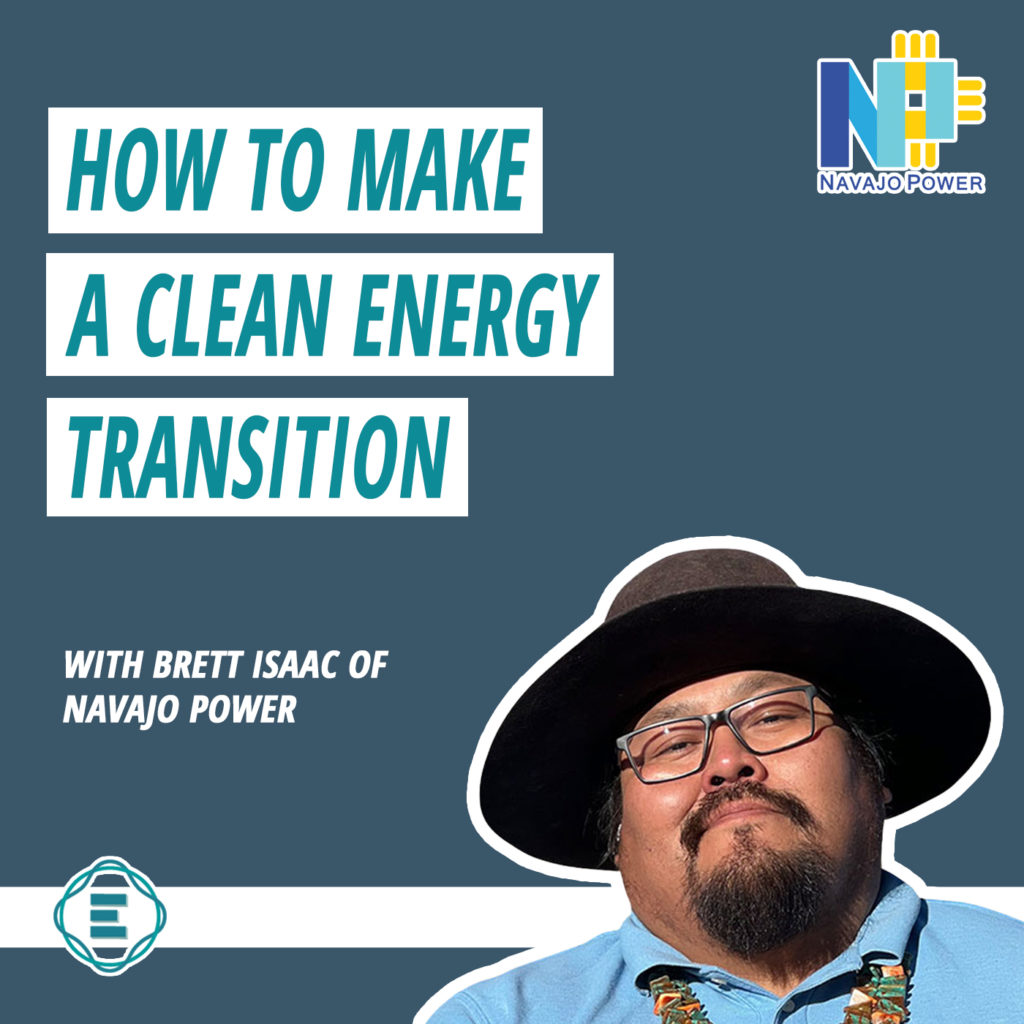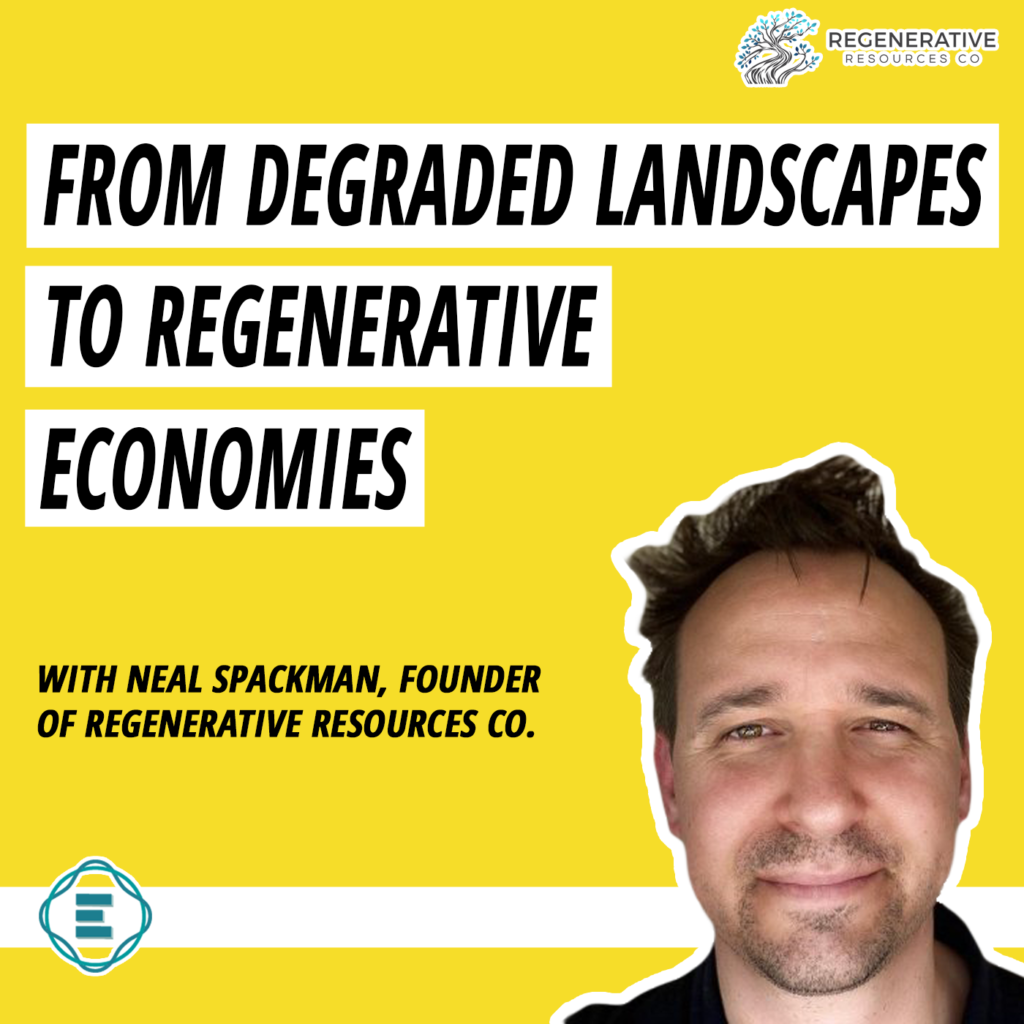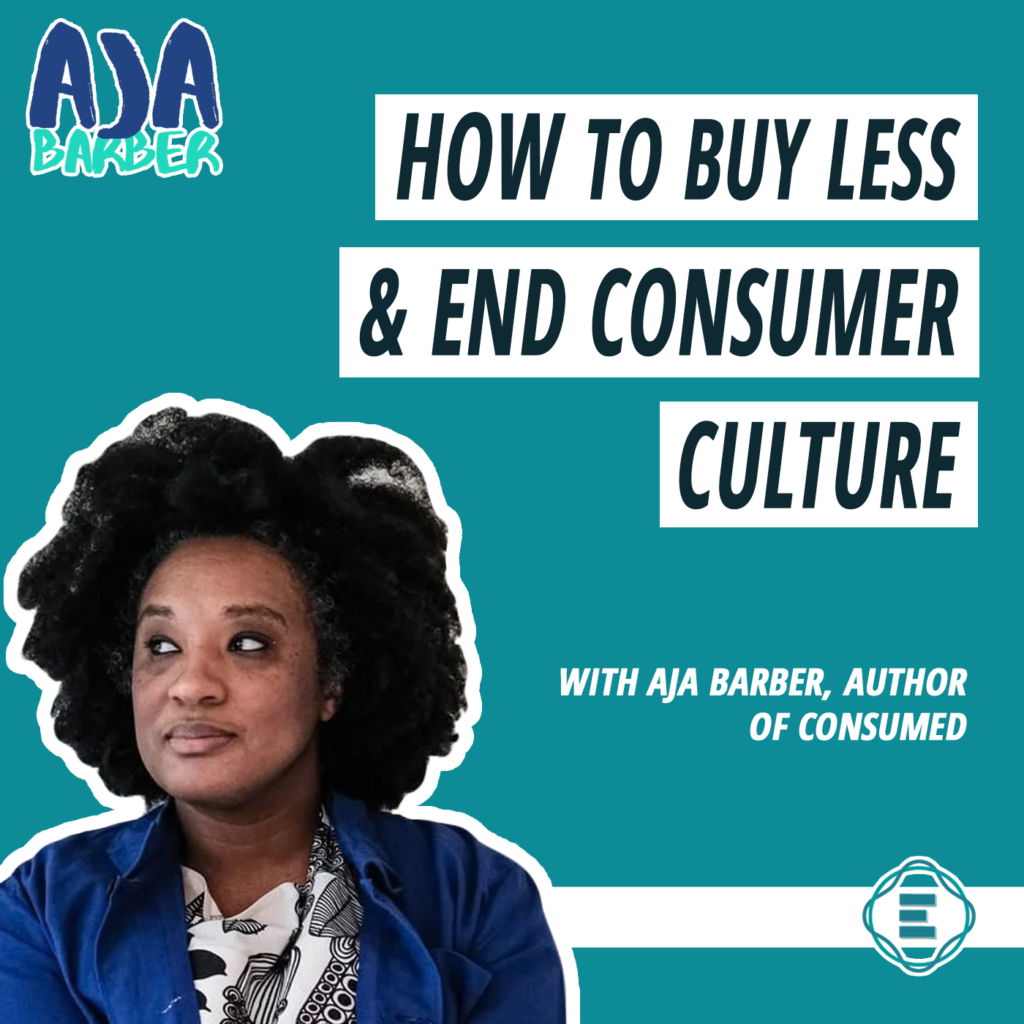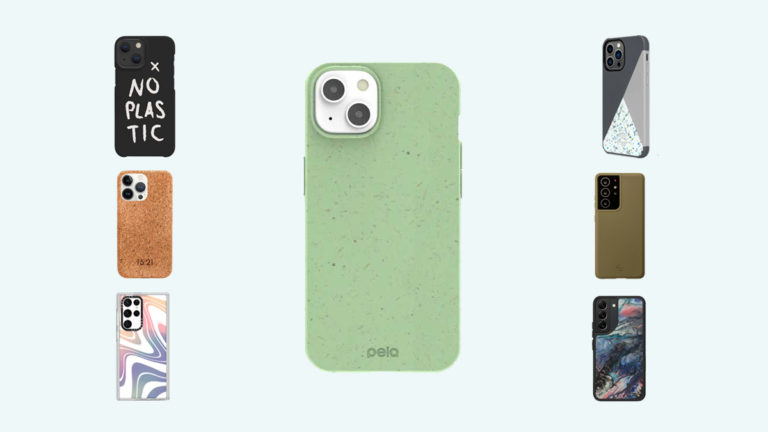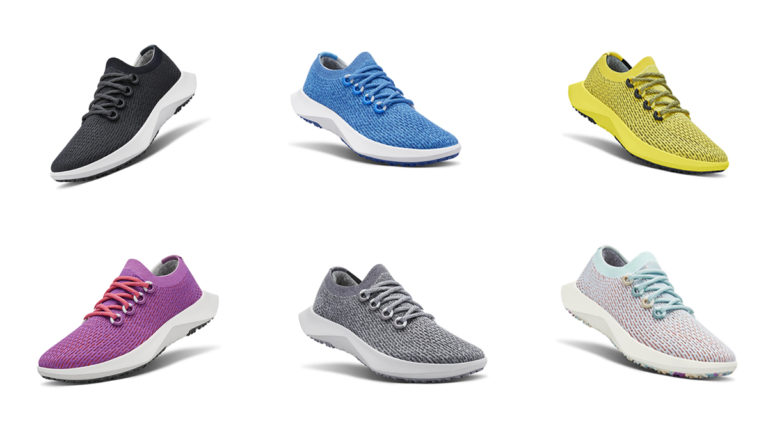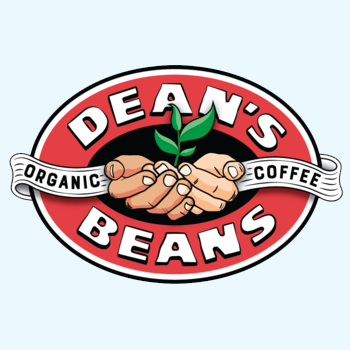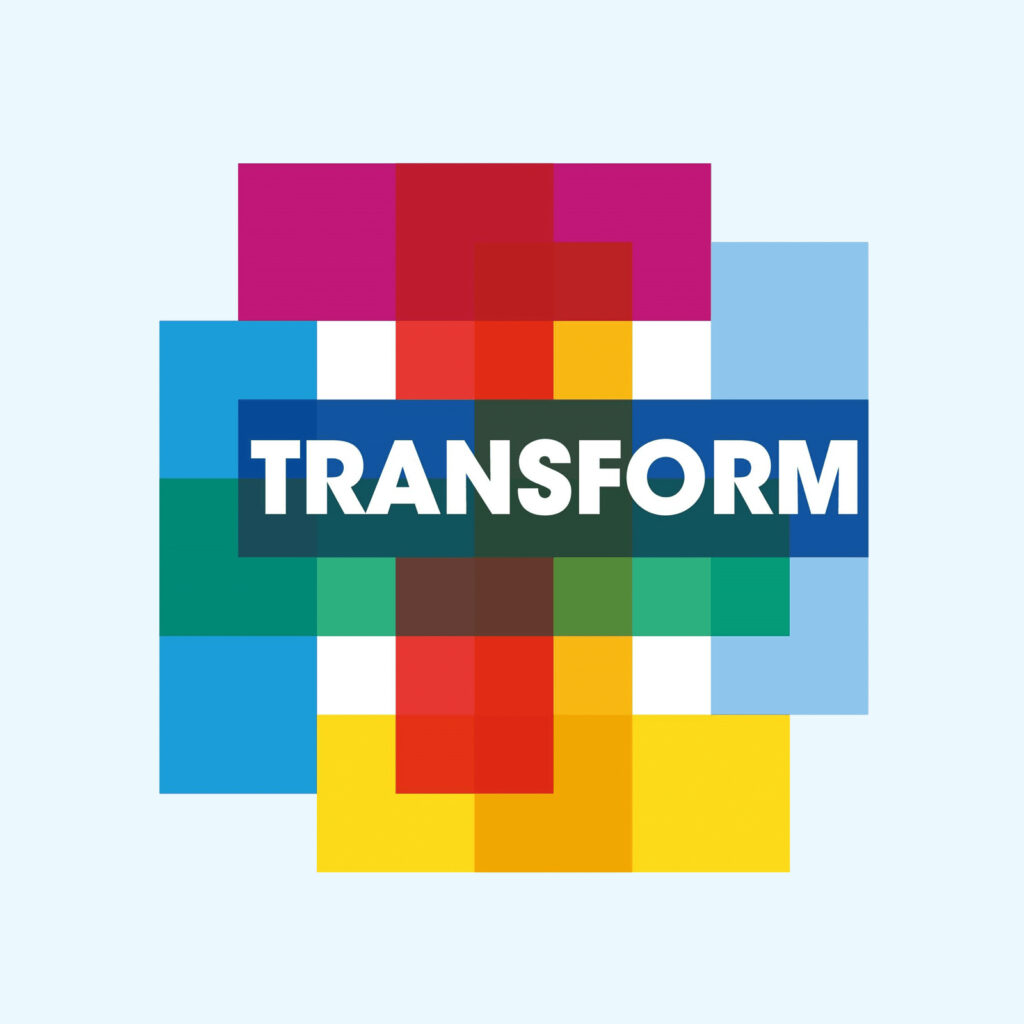Live + Work Sustainably
Every Monday, we send you a free email exploring the art of living + working sustainably at the intersection of business, nature, & philosophy.
Together, we’re learning what’s possible to build what’s possible.

Join 7,500+ others exploring the art of living sustainably with the Weekly Ensemble
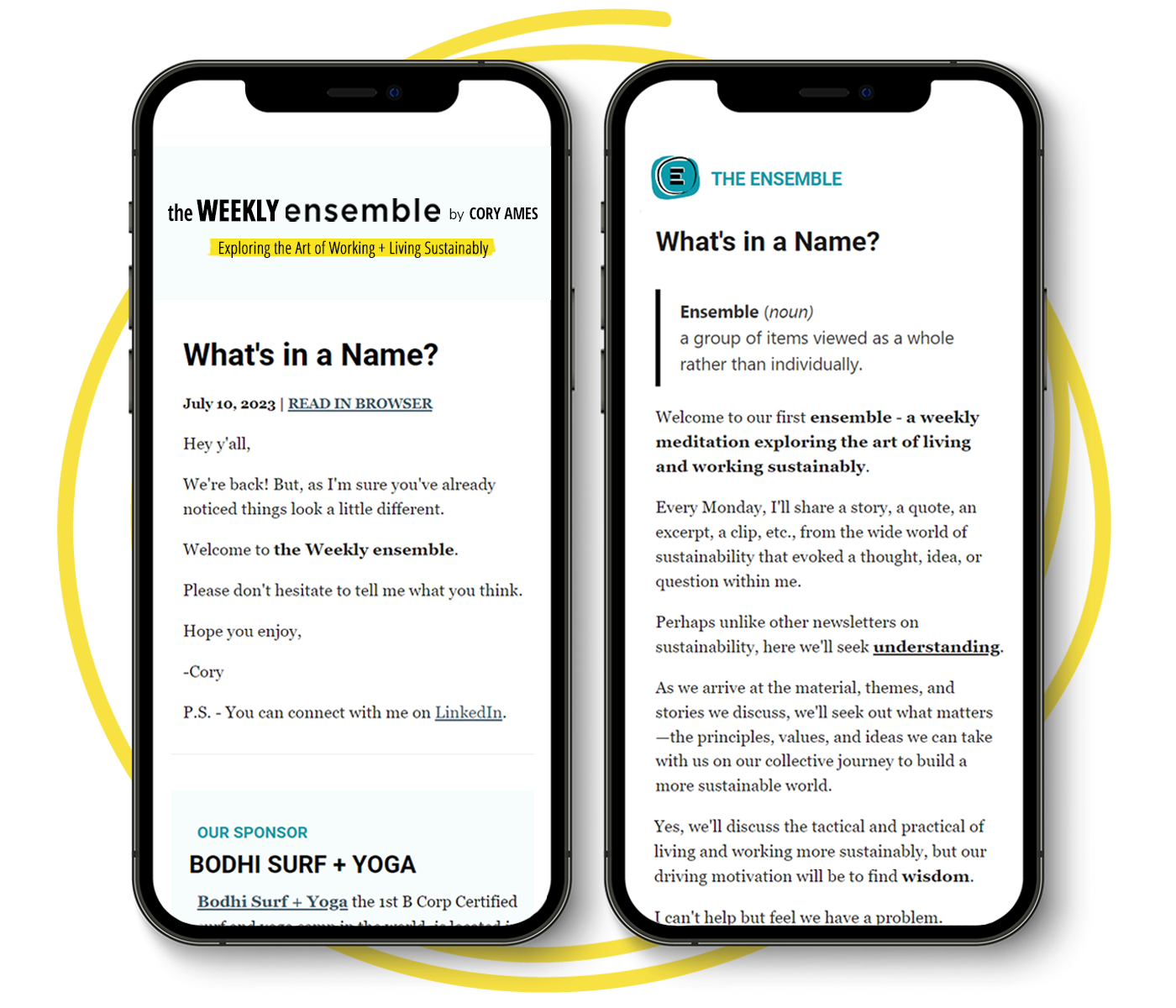
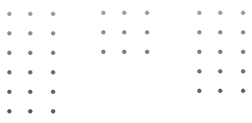
What is Grow Ensemble?
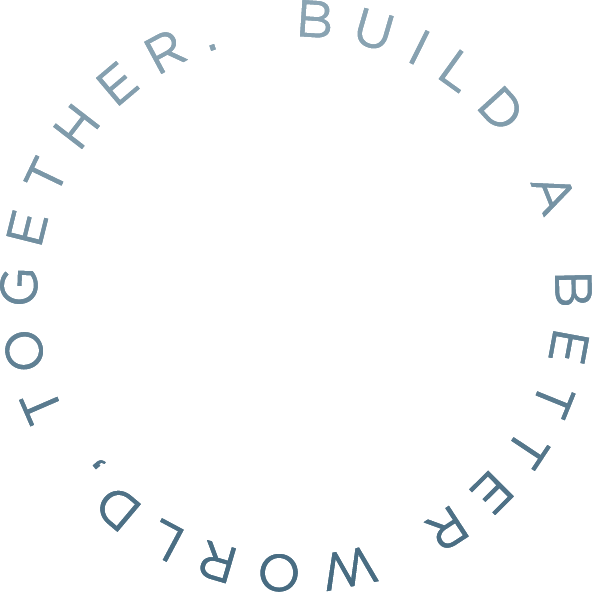
![]() BLOG
BLOG
Our Latest Articles
We write about & share ways to make change every day—at home, work, or out in your community.
![]() PODCAST
PODCAST
The Social Entrepreneurship & Innovation Podcast
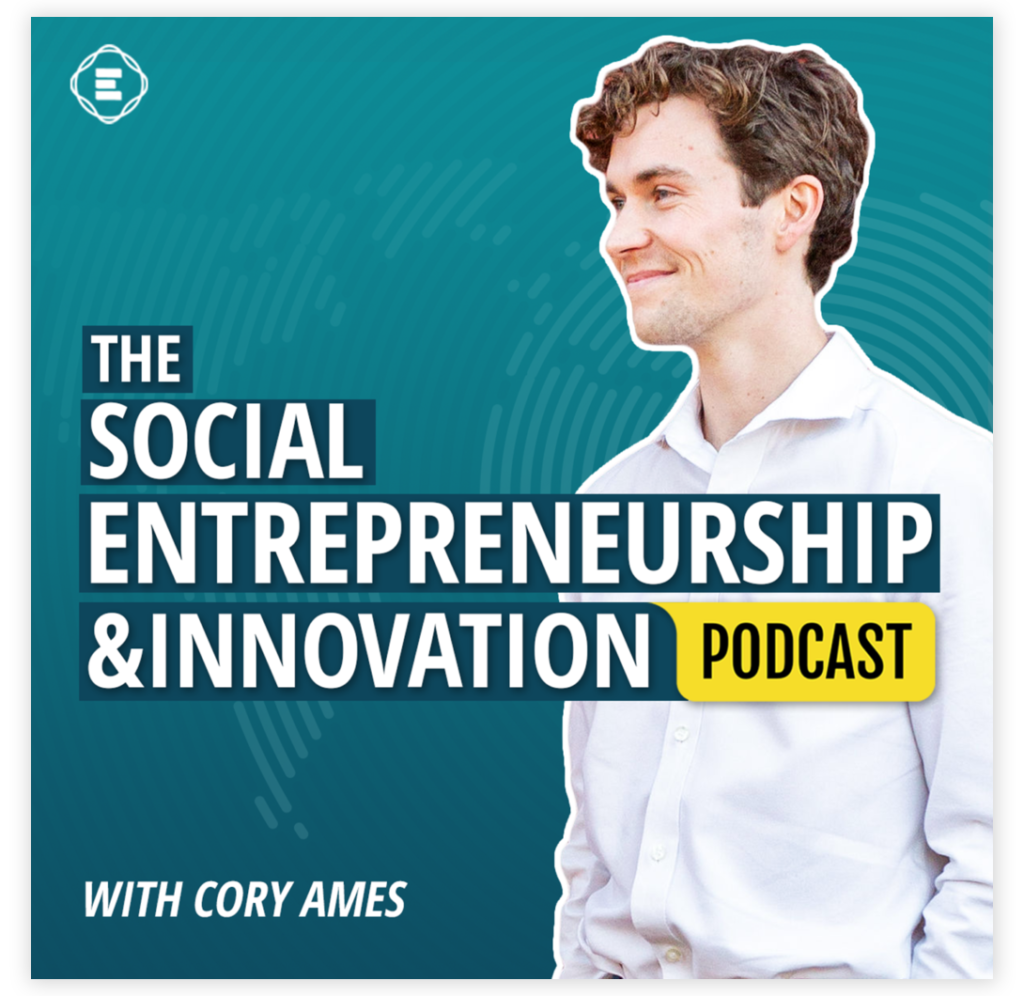
The Social Entrepreneurship & Innovation Podcast is a show about the who, what, why, & how of building a better world.
Through interviews and analysis, Cory Ames explores what a vision for a better world can and should look like.
Listen in and let’s build a better world, together.
60+ 5 Star Reviews in Apple Podcasts, 100,000+ downloads from 160+ countries.
“Always delivers.” ~ Apple Podcasts Reviewer
FEATURED GUESTS
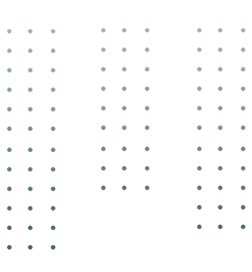
![]() YOUTUBE
YOUTUBE
Our Latest Videos
Catch the latest in social innovation, impact, and sustainable business on video!
Subscribe to Our YouTube Channel »
![]() SHOPPING
SHOPPING
Sustainable Product Reviews
Change the world through how you vote with your dollar. We review & highlight businesses and products that make consuming consciously easier. Check out some of our favorites; our ButcherBox Review, the Best Patagonia Jackets, Bombas Socks Review, or Thrive Market Review.
Or, here are our latest sustainable product reviews…
Visit Our Buy Ensemble Directory »

![]() PARTNERSHIPS
PARTNERSHIPS
Our Partners in Impact
Together, with our Grow Ensemble Partners, we’re driven to build a better world.

What Do You Want To Explore Today?
Get the Weekly Ensemble Newsletter
Every Monday, receive a meditation exploring what it means to live and work sustainably at the intersection of business, nature, & philosophy.
Sign up below to get the next edition in your inbox…
